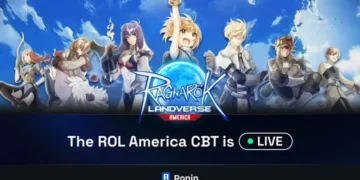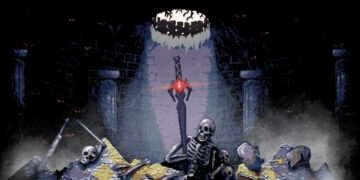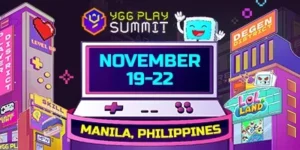Quick Take
- Moku preparing Grand Arena launch with booster pack presale starting October 8 via no-loss raffle
- Moki NFTs power 24/7 gameplay, card royalties, and champion slots tied to fantasy competitions
- A $1M prize pool and evolving meta aim to drive daily fantasy engagement on Ronin
From eSports to Crypto Gaming
Hantao, co-founder of Moku, has been in gaming for over a decade. Before Web3, he built backend systems for major creators, with projects featured in YouTube Rewind and MrBeast Rewind, and spent four years running his own eSports team before selling it. His shift into crypto came in 2021 after being introduced to Axie Infinity and connecting with guild leaders in the early play-to-earn scene.
That year, he and co-founder Bruce launched what would become Moku, first known as Quest. The team began as a guild but quickly pivoted into infrastructure, publishing early Web3 games on Ronin, including Pixels and Apeiron, and developing creator programs and fair launch tools.
Building the Moki brand
In 2023, Moku introduced the Moki NFT collection, an 8,887-supply PFP project priced at 55 RON at mint. Today the collection trades around a 450 RON floor (about $200), with over 100,000 RON in 30-day trading volume.
The tanuki-inspired characters became the foundation for the Moku brand. Holders are active in a Discord community that hosts regular events around Web3 industry including workshops like token trading and creator tools. The NFTs are integrated into future products, including Moku’s new flagship game, Grand Arena.
Inside Grand Arena
Grand Arena is described as a “daily fantasy stack for autonomous entertainment.” Instead of season-long fantasy lineups, players compete in daily contests using collectible card NFTs tied to Moki characters.
A presale for booster boxes is set for October 8. Each box contains 30 packs of five cards each, and only five cards are needed to join a contest. Rarities affect scoring bonuses, while modifiers change point conditions. Entry fees will range from $1 to $5, with rewards distributed from a $1 million launch pool.
Hantao said Grand Arena’s design is shaped by how Web3 audiences play. “Crypto users are not traditional gamers. They want to speculate, and that drove us to the daily fantasy format,” he explained.
Cards, Royalties, and Evolving Meta
Every Moki NFT automatically competes in 24/7 matches, earning rewards for holders. A rotating set of 176 Mokis are designated as “champions,” with their characters appearing in card packs. When a card trades or generates points, royalties flow back to the associated NFT owner.
Players can upgrade their Mokis to boost performance, while card rarities add bonus points. This creates a dual layer of progression that Hantao believes will drive both community pressure and market activity. “If you own a card with my Moki, you’ll want me to upgrade it so your card is worth more,” he said.
The system is built to shift daily, meaning the game’s meta changes constantly as Mokis train, trade, and cycle into contests.
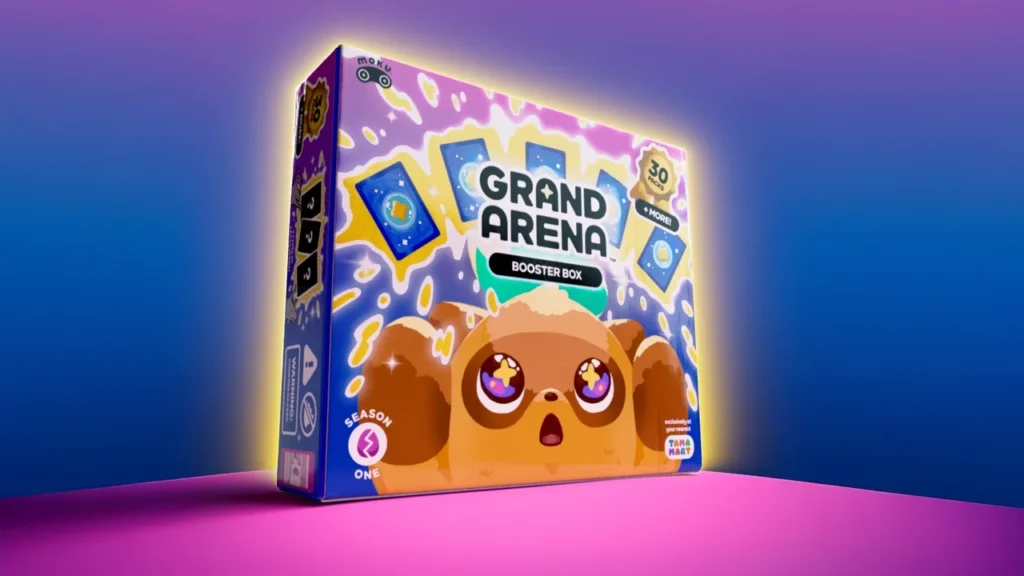
Why Ronin and What’s Next
Grand Arena will debut on Ronin, though Moku plans to accept payments from multiple chains. Hantao said that while each network has strengths, applications will ultimately matter more than chains themselves.
The no-loss raffle format will return for the booster box sale, with participants refunded if they do not secure a box. A second-chance shop will offer gacha-style items and extras.
Looking ahead, Moku aims to keep Grand Arena approachable for casual entrants while offering depth for those who want to track stats, optimize lineups, and speculate on card values. Tao said, “Our intention is to make the game very simple to try, but with a system deep enough to last.”

